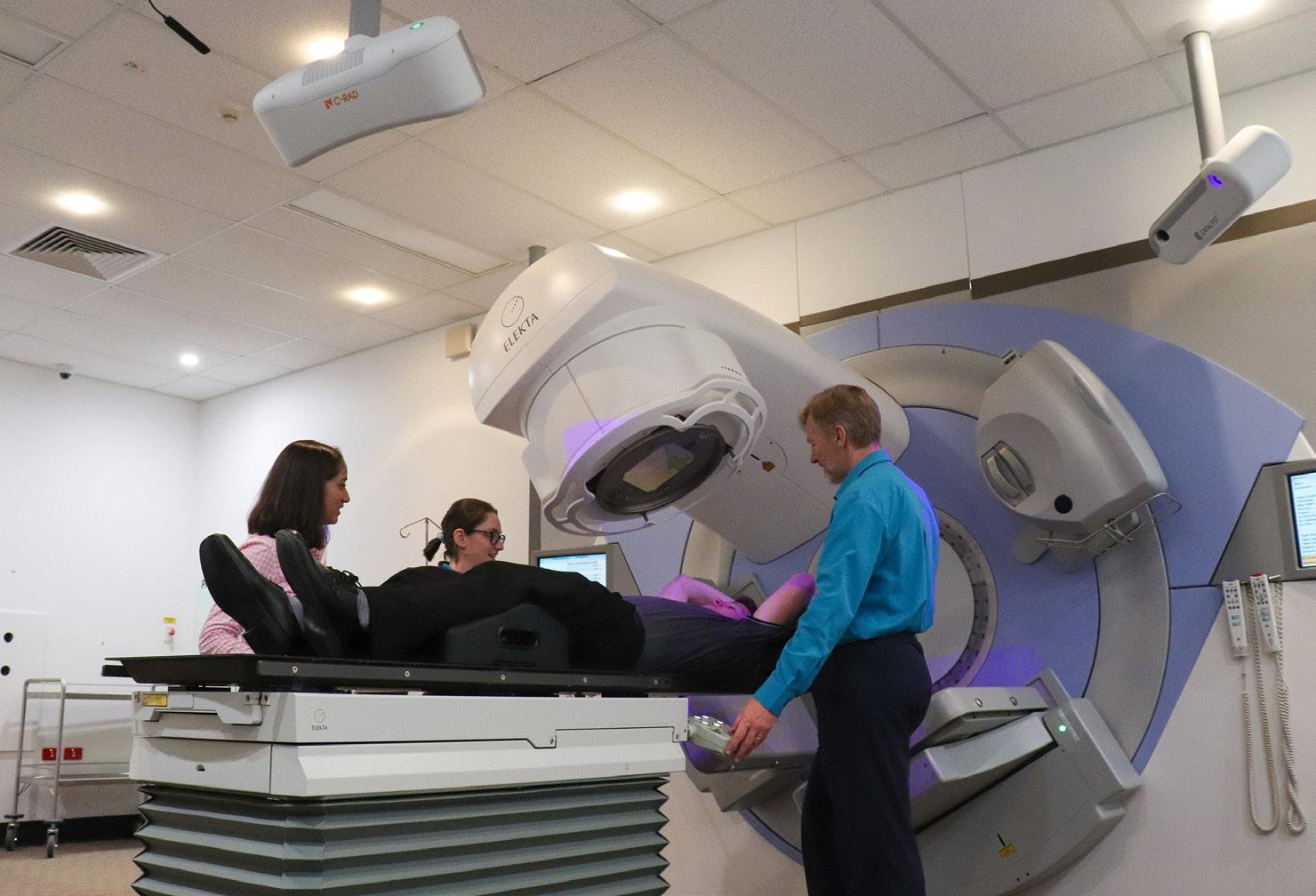People with disabilities and the Covid-19 pandemic by Dr Dinesh Palipana The Disability Royal Commission has been an excellent instrument to explore challenges in disability within Australian society. It is a protected environment for all Australians to speak about their experiences openly. During the COVID-19 pandemic, many issues affecting Australians with disabilities surfaced. For example, we tackled questions regarding healthcare rationing affecting people with disabilities. In Australia, we have been lucky to avoid the situations that other countries have faced. Around the world, some nations have taken the approach of treating people with disabilities to detriment when they require life-saving care. I am proud to say that Australia has taken a different approach. In addition to equitable policies, we have protected people with disabilities from contracting the virus at all. We have achieved this together, as a community. Agencies around the country came together too. It was heartening to see the National Disability Insurance Scheme working with supermarkets to enable priority food delivery to people with disabilities. We witnessed roundtables on federal and state levels that engaged people with disabilities to ensure that their needs are met as far as possible. Healthcare nonetheless remains a generally challenging thing for people with disabilities. Organisations like Spinal Life Australia and Check Up Australia are doing work to bridge the primary care gap. Even still, some hospitals have challenges like limitations in physical access to their
Important dates
facilities. Rural Australians with disabilities can experience much more hardship than their metropolitan counterparts. For them, even access to daily caregivers can be challenging. Charging their electric wheelchairs in the rural areas can be tricky. These are issues that many of us do not even think about. Considering the connection to land our rural Australians have, it is important to enable them to live where their heart is. The requirement for daily caregivers broadly was complicated during COVID-19. What if a person with a significant disability needed to isolate? There are few options for them apart from coming into a hospital. Similarly, what if a person’s caregiving team was asked to isolate? One can suddenly be left without familiar care. These are problematic scenarios for people who have caregivers well-acquainted in their complex day-to-day needs. Some
Webinars 2021 17th March 14th April 19th May 16th June
people chose to isolate during the height of the pandemic with their entire care team. However, this is not an option for many. Education and employment also remains challenging for people with disabilities. I navigated some of these issues myself in the journey of becoming a doctor. Although I’ve been lucky, I am sad to see how many people struggle to become educated or employed because of their disability. I am also sad to see the cruelty that some of them experience. While a large part of our society is supportive, there are pockets of resistance to enabling inclusion. For this reason, a groundswell of support from the community is important. If we see something that is wrong, it is important to speak out. There are many issues that both the Royal Commission and we as a society have rapidly dealt with over the last year. However, we must maintain the momentum and continue to make a difference in these areas. For some problems, there are no easy answers. However, our country has the heart, strength and all the tools to become a beacon for our counterparts around the world. The Year that Made Me: Dinesh Palipana, 2010
Dr Dinesh Palipana OAM was Queensland state recipient of Australian of the Year 2021. A doctor, lawyer and disability advocate, he is the second person with quadriplegia to graduate as a doctor in Australia and the first with spinal cord injury.
NorDocs | 39






















